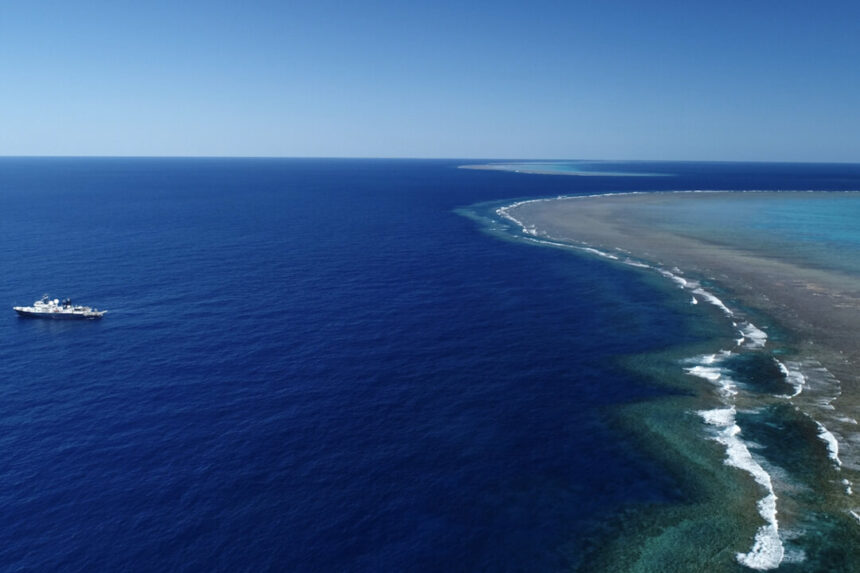During the Global Nature Positive Summit, Plibersek emphasized the increase in nature-positive investments and the doubling of companies reporting on their environmental impacts.
As Australia hosts the world’s first Global Nature Positive Summit in Sydney this week, the Melbourne-based think tank Institute of Public Affairs (IPA) has raised concerns about the economic viability of the government’s Nature Positive Plan.
The IPA’s research indicates a lack of governance and oversight in the implementation of the initiative.
Saxon Davidson, a research fellow at the IPA, argues that taxpayers would bear the projected annual cost of approximately $1.8 billion for the federal Environment Protection Agency (EPA) under the plan.
Moreover, the Department of Climate Change, Energy, the Environment and Water (DCCEEW) has amassed over 1.15 million pages of documents related to the Nature Positive plans, with no indication of releasing them for public scrutiny.
Davidson stated, “If the three Nature Positive bills currently under consideration in parliament are passed, the amount of legislation managed by the Environment department would surge to at least 7,004 pages, reflecting a 142 percent increase from 2021 levels, prompting criticism from various stakeholders.”
The IPA calls for a reevaluation of the plan, emphasizing the need for a balanced approach considering the economic impacts on everyday Australians, especially those in regional areas.
MP Questions How Government is ‘Nature Positive’
Independent MP Sophie Scamps challenged the government’s nature-positive agenda in Parliament, citing research showing significant annual expenditures on activities detrimental to biodiversity.
Scamps questioned the government on advocating for a nature-positive future while funding “nature-negative” practices like native forest logging.
In response, Plibersek praised the summit as a platform for showcasing Australia’s environmental initiatives and highlighted the increased interest in nature-positive investments, including the launch of Nature Positive Matters.
The minister also noted the doubling of Australian companies reporting on their environmental impacts using the Taskforce on Nature-related Financial Disclosures (TNFD) framework.
Australia Now a Leader in Ocean Protection
Plibersek announced that the Albanese government is now a global leader in ocean protection, having recently added 310,000 square kilometers of marine parks, equivalent to Italy.
She emphasized the environmental significance of this achievement for Australia and the world, particularly in protecting unique environments like Heard and McDonald Islands.
A statement from the department highlighted that over half of Australia’s oceans are now under protection, exceeding the 30 percent target set in a United Nations nature treaty.
Plibersek expressed pride in Australia’s environmental accomplishments, including progress in passing environmental laws, doubling funding for national parks, and conservation efforts for iconic sites like the Great Barrier Reef and Laura Duga.
Please rewrite this sentence.
Source link





